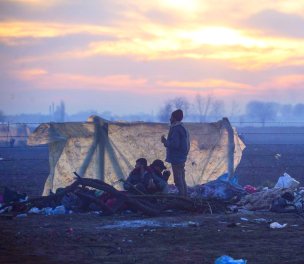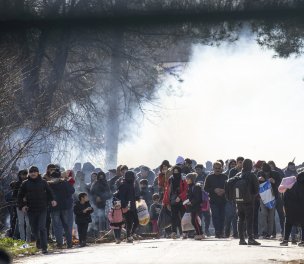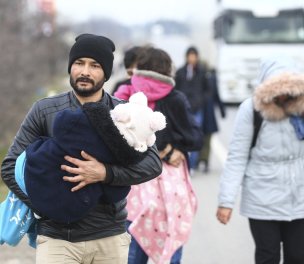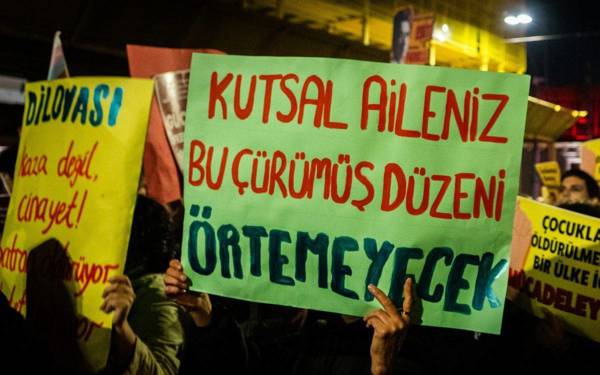* Photo: Anadolu Agency
Click to read the article in Turkish
Since Turkey announced that it would no longer try to stop refugees from reaching Europe in the wake of Idlib attack on February 27, refugees have been leaving Turkey for Greece to reach Europe.
Two rights organizations working with women, namely the Association for Solidarity with Migrant Women and Women's Solidarity Foundation (KADAV), have commented on how refugee women are affected by this process.
'Women are faced with a language barrier'
Hatice Ödemiş Bayram, the Chair of Association for Solidarity with Migrant Women, says that women and children are affected by migration the most. Ödemiş Bayram emphasizes the following points:
"Especially when they are subjected to male violence within the family, there is nowhere they can go. They feel alone in that respect.
"Most of the women are faced with a language barrier. Not knowing the language turns into a big disadvantage for them. While a man learns the language more quickly as they are outside on the street, it is not the case for a woman. We can say that refugee women are confined to home.
"The biggest problem for women starts right on the migration route. Several of them are harassed or raped, they cannot make it heard. They are afraid that their families will kill them or confine them more.
"We also observe that a majority of them don't work. They are not employed and even when they are, this time, they face harassment and violence.
"There are some refugee women who have been in İstanbul for two years, but have not gone out even for a single day. Some of these women said that they went out only for once to come to the association.
"The recent migratory movements have affected women quite negatively. It happened suddenly, they just grabbed their children and set off. They were made to pay the price for this process. Racist and sexist statements spread on televisions. These statements target all women.
'Some women do not come to the association'
"First of all, viewing migrants as a mobile group is very problematic. It is problematic in terms of both human values and international law", says Özgül Kaptan from the KADAV.
Indicating that women are more vulnerable to violence on migration routes, Kaptan emphasizes the following:
"Migrants from Afghanistan and Eurasian countries are unsupported to a considerable extent. There is an international attention on Syrians; however, it is not the case for people from Afghanistan. They live and work under very difficult conditions. When we visit the houses of Afghans, some women ask their husbands what their surnames are.
'Women cannot go out'
"These women do precarious jobs. The phenomenon of migration is created by states. They are manipulated by states.
"Greece and the European Union (EU) need to be criticized, just like the mistakes made by Turkey. Women and children are affected by this process. We were touched a lot as we are in the field, face-to-face with them. People cannot go out. Especially women cannot go out on the street.
"Several of our counselees cannot come to the association these days. Our counselees are afraid to come. Discrimination has increased dramatically. The attack in Maraş affects İstanbul, too. Fear is growing.
"Fear spread with war. When they experienced all these here, women are now completely confined to their houses. They got used to discrimination. It is not that all people of Turkey treat Syrians badly. But they are still afraid. There are conscientious people too, they help them.
"Women are affected more. The moment you set off on a migratory route, the moment you leave your identity and status behind, you get more vulnerable to violence. Women on migration routes are made more vulnerable to violence." (EMK/SD)





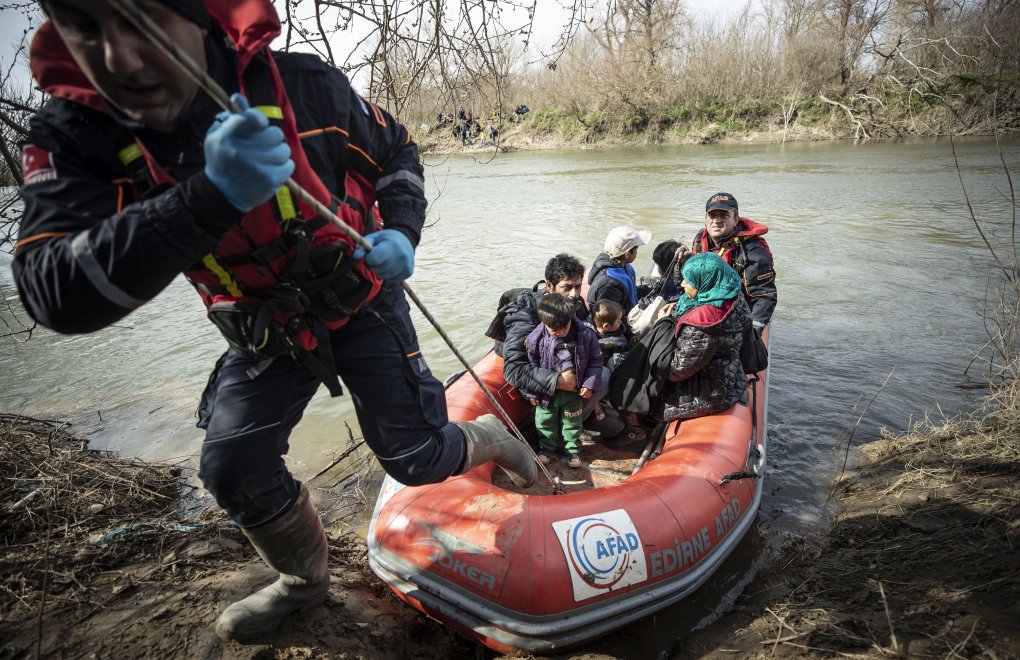
scdsc.jpg)

öjnk.jpg)
.jpg)

